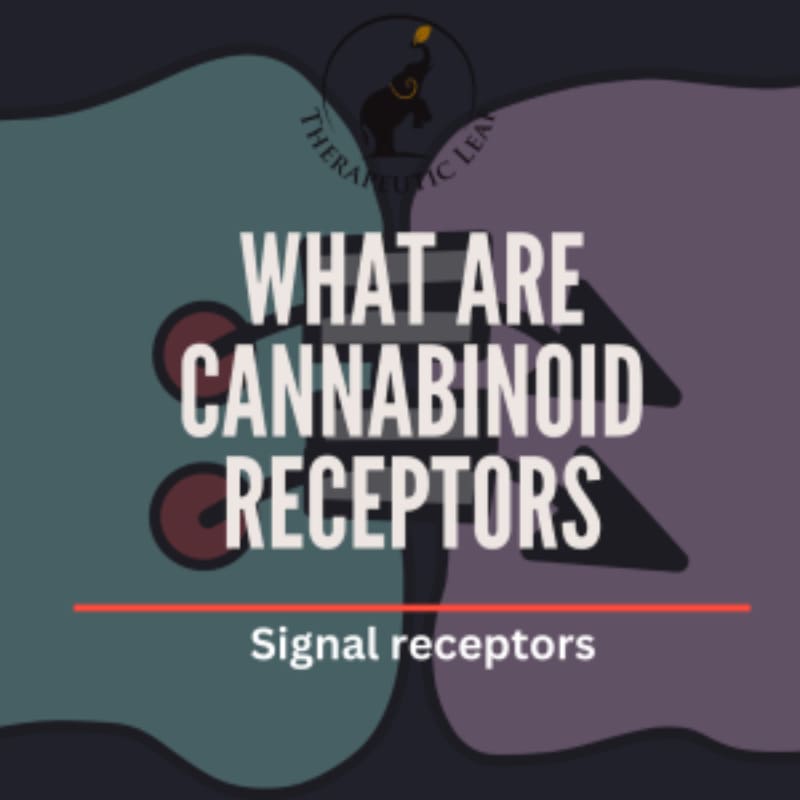
A cannabinoid receptor is a protein on the surface of a cell that can receive signals from different compounds in our body called cannabinoids. Cannabinoid receptors are a key part of the endocannabinoid system, which helps regulate many important functions in our body such as appetite, mood, pain, and immune response.
There are two main types of cannabinoid receptors in our body, called CB1 and CB2. CB1 receptors are primarily found in the brain and central nervous system, where they help regulate things like appetite, pain, and mood. CB2 receptors are mainly found in the immune system and peripheral tissues, where they help regulate inflammation and immune response.
When a cannabinoid, whether produced by our body or from a plant like cannabis, binds to a cannabinoid receptor, it can trigger a series of chemical reactions inside the cell. These reactions can affect many different biological processes in our body, depending on where the receptor is located.
By targeting cannabinoid receptors, cannabis and cannabinoids can have a range of effects on our body and mind. However, it’s important to note that the effects of cannabinoids can vary depending on the specific compound, dose, and individual factors.
Overall, the interactions between cannabis and the ECS are complex and still not fully understood, but research suggests that they may play a role in the therapeutic effects of cannabis for various medical conditions. Please read our following Guide MAPSS (Mood, Appetite, Sleep, and Sexual Health) for more information on how Cannabis can interact with our bodies and what may help depending on your needs.
